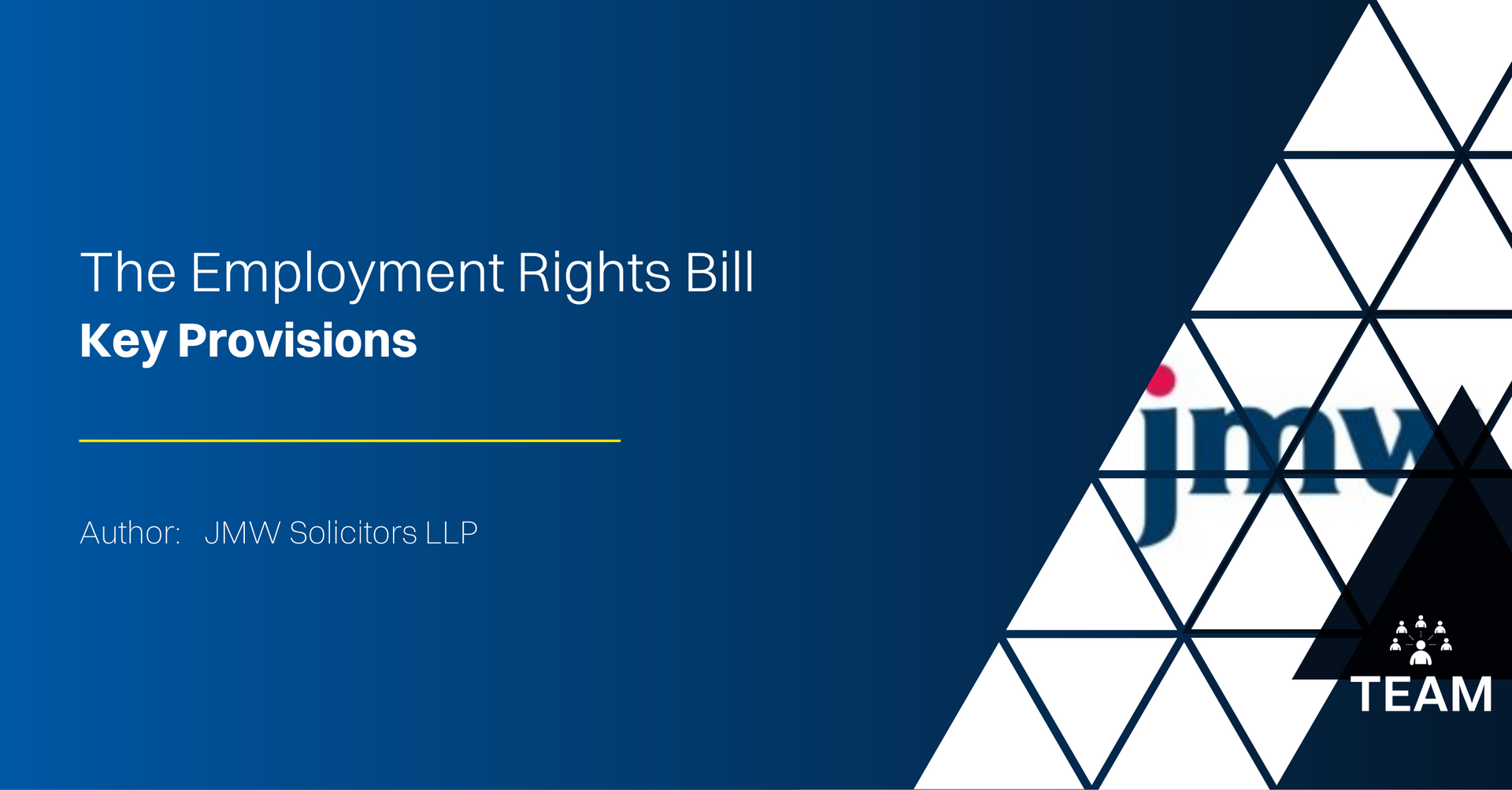The Spring Statement, Trump and Tariffs
How can recruiters best navigate the coming storm?
Despite the rhetoric of wanting to prioritise economic growth, the risk is, the tax policies Rachel Reeves has implemented, are likely to do the opposite. With that, as a recap of the policies taking effect this week:
- Employers’ National Insurance Contributions (NIC) will rise from 13.8% to 15%.
- The threshold for Employers’ NIC payments will be reduced from £9,100 to £5,000.
- The Stamp Duty Holiday ends, reverting thresholds to pre-2022 levels.
- Business Asset Disposal Relief rises from 10% to 14% in 2024 and 18% in 2026, with a £1m lifetime limit.
- Long-standing tax rules for non-domiciled individuals are being abolished, changing how foreign income and inheritance tax apply.
These changes will significantly affect employers, entrepreneurs, high-net-worth individuals (HNWIs), and the property market. The concern is that these tax increases may reduce business investment and economic activity. The Laffer Curve suggests that excessive taxation can lead to lower government revenues by discouraging economic participation. Here’s what could happen:
- Employers may reduce hiring, automate jobs, or outsource overseas.
- Entrepreneurs may choose to incorporate their businesses in other countries.
- HNWIs leaving the UK could negatively impact sectors like hospitality and leisure.
Additionally, proposed employment law changes, including Day 1 rights, payroll compliance, and zero-hour contract restrictions, could further complicate business operations.
Labour faces a dilemma: raise taxes further (risking over-taxation) or cut spending (impacting their core voter base). According to the Institute of Fiscal Studies (IFS), proposed spending cuts won’t be enough, meaning further tax hikes are likely—especially targeting high earners, businesses, and pensioners.
For small recruitment firms, these changes present both challenges and opportunities – With that, here are my top tips for how to position yourself for success:
1. Conduct a Financial Audit - Over 75% of small businesses fail due to poor financial oversight. Hiring a full-time or fractional Finance Director (FD) can provide critical financial guidance. A specialist Financial Accountant can help you assess risks, optimize costs, and develop strategies to navigate tough times.
2. Screen potential clients - Before taking on a new client:
- Have clear, legally binding terms and be prepared to walk away from a client if they don’t accept them
- Remember, late payments can cripple you. Check for active County Court Judgments (CCJs) at Trust Online.
- Also, not all clients are created equal. Build client profiles that assess their financial health and profitability. Lower profitability companies tend to negotiate harder on fees and pay slower. Use Companies House to check audited financial statements and compare profits within their sector.
3. Shift to High-Value Recruitment Strategies - For permanent recruiters, consider:
- Focusing on harder-to-fill positions.
- Charging a retainer and requesting exclusivity.
- Leverage your exclusive candidate network, which is not on LinkedIn
- Using data led insights as a way to differentiate
4. Invest in Training to Stay Sharp - No matter your experience level, continuous learning is a game-changer. Industry expert Jeremy Snell offers highly recommended courses on pitching, closing, sourcing, and headhunting. Investing in yourself and your senior team will always yield returns.
Final Takeaway: Turn Challenges into Opportunity
This year presents obstacles, but it doesn’t have to be a difficult one for you. Boutique recruiters have a unique advantage—you don’t need a large client base, just the right clients. By staying financially savvy, selecting clients strategically, and sharpening your skills, you can not only survive but thrive in this changing environment. Stay proactive, stay informed, and let’s make this a year of success!












